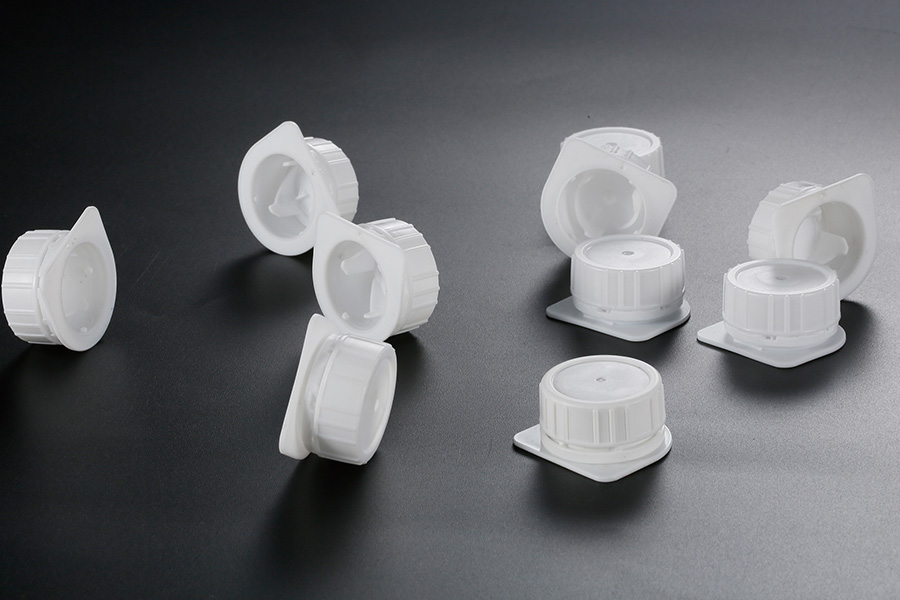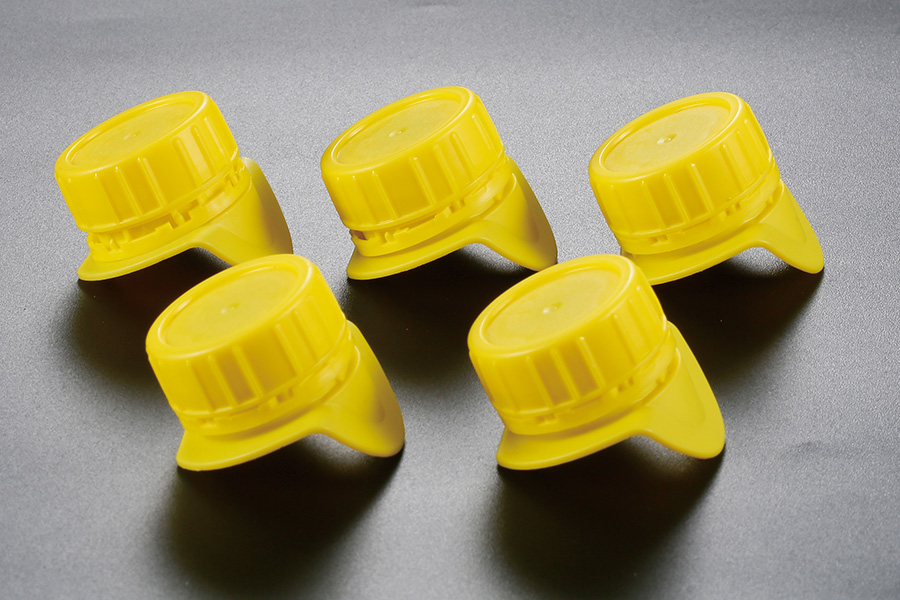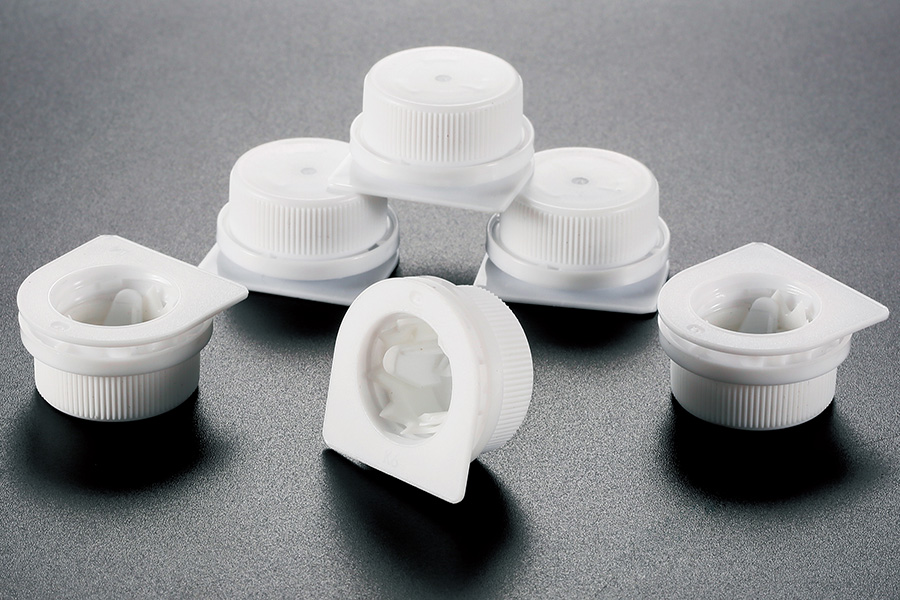Paper bottle packaging caps and sealing paper bottle caps help protect products and keep them well packaged in industries such as beverages, food, cosmetics, and pharmaceuticals. The materials used for these caps affect their strength, durability, sealing, and compatibility with different containers. Understanding the key characteristics of these materials can help manufacturers and buyers choose the right caps to meet their needs.

Material Properties Affecting Durability
The durability of paper bottle caps is related to the material's ability to withstand pressure, environment, and chemicals. Polyethylene (PE) and polypropylene (PP) are commonly used plastics because they combine strength, flexibility, moisture resistance, and chemical resistance.
Polyethylene has good flexibility and can withstand impact well. This helps the caps maintain their shape during shipping and handling. Polypropylene is stronger and resistant to high temperatures. This is useful when the caps need to remain secure or withstand high temperatures.
Sometimes, bottle caps are made of multiple layers of different materials. The hard outer layer prevents damage, while the softer inner layer helps to seal tightly. These layered materials can make the caps more durable in actual use.
Chemical compatibility and safety
Bottle caps must be a perfect match for the contents they contain. Some materials react with acids, oils, alcohols or other ingredients in beverages, cosmetics or pharmaceuticals.
It is important to choose materials that will not release harmful chemicals or break down when in contact with these products. Food safety and pharmaceutical packaging regulations also define the materials that can be used. Bottle caps must meet hygiene and safety standards.
Sealed carton bottle caps often have liners or gaskets made of materials such as polyethylene foam or silicone. These components maintain the seal and do not react with the product.
How the environment affects material performance
Storage and shipping conditions can affect the performance of bottle caps. Materials should be able to withstand changes in temperature, sunlight and humidity without losing their seal or becoming brittle.
Polypropylene has a higher melting point, making it ideal for warm climates or heat sterilization. Polyethylene is more flexible, cold-resistant and less prone to cracking.Considering these factors can help avoid problems such as cracking, warping or leaking that can damage the product.
Sustainability and recycling
More and more companies are paying attention to the environmental friendliness of their packaging. Many companies want to use recycled plastics or design with less material but better performance.
Polyethylene and polypropylene are mostly recyclable, but recycling regulations vary from place to place. Some manufacturers use bio-based plastics or recycled materials to reduce environmental impact. Material selection also affects energy consumption during the manufacturing and transportation of bottle caps.Designing bottle caps with environmental considerations means balancing durability, cost and sustainability goals.
Manufacturing and material selection
Material selection also affects how bottle caps are made. Processes such as injection molding are affected by how the material flows, cools and shrinks.
Knowing these details can help improve molds and production settings to produce bottle caps that are the right size and seal well. Manufacturers also need materials that are perfectly matched to their machines and production output.Certain materials can be produced faster or require less post-processing. This can reduce costs and speed up delivery.
Testing and quality control
Bottle caps need to be tested to verify their durability and performance. Tests include impact resistance, seal strength, dimensional accuracy and chemical resistance.Quality control includes sampling, inspection and record keeping to ensure batch consistency. Tracking material quality during production helps prevent defects that could cause subsequent problems.
Selecting the right paper bottle packaging cap and closure material helps balance strength, chemical resistance, environmental adaptability and environmental friendliness. A careful study of material performance in products and conditions can help manufacturers produce closures that provide good protection and run smoothly in the supply chain. Matching materials to production needs and regulations can help improve packaging reliability and product safety.


 English
English  русский
русский عربى
عربى



